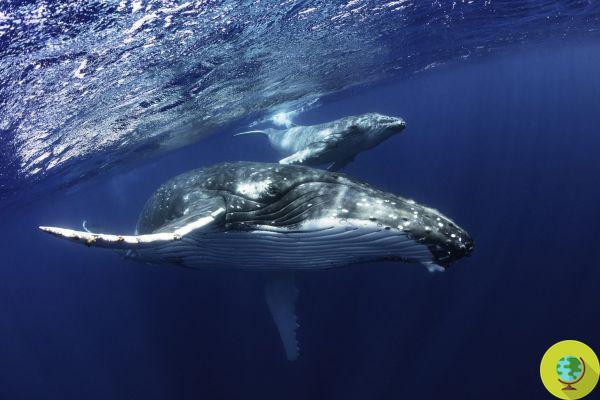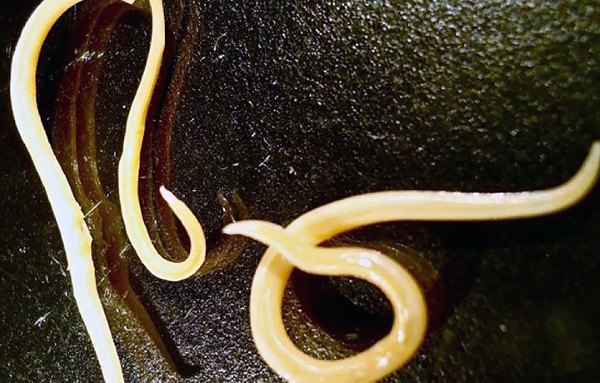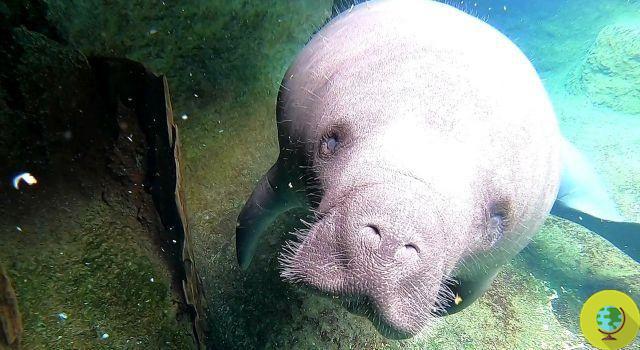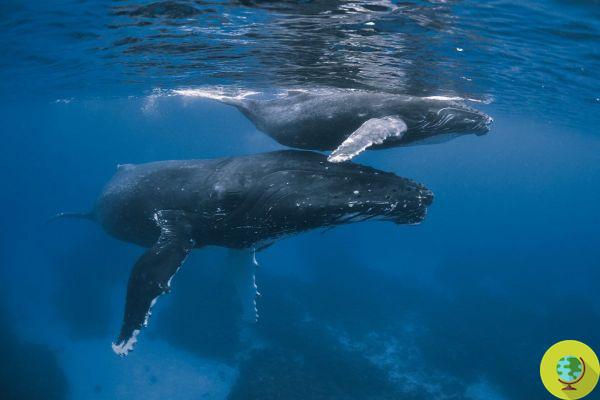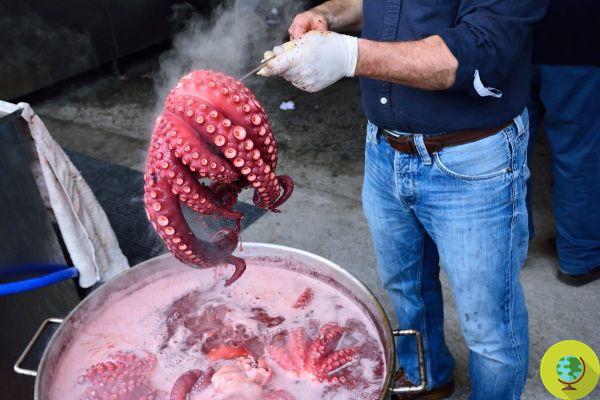The recent seizure of 13 tons of shark fins in Hong Kong shows that there is a thriving trade worth millions of dollars
The recent seizure of 13 tons of shark fins in Hong Kong shows that trade exists. In the narrow streets of the Sai Ying Pun district, shelves are filled with jars and bags of shark fins of all shapes and sizes.
Le shark fins they are in great demand on the Asian market for the preparation of "shark fin soup". In those jars there is a horrible practice: the animals are captured, deprived of their fins and then thrown back into the sea, compromising their survival. Unable to swim, they sink and die from blood loss or are eaten by other predators.
In fact, many species are at risk of extinction and according to the WWF, around 100 million specimens are killed each year for their fins.
Fins that are very profitable. They can also cost HK $ 6.800, which is almost 780 euros (£ 715) per game and therefore their trade is a business. Hong Kong is the largest shark fin importer in the world and responsible for around half of global trade. The fins sold in Sai Ying Pun come from over 100 countries and 76 different species of sharks and rays, a third of which are in danger of extinction.
Hard blow to shark fin smuggling: record seizure of 13 tons in Hong Kong
Last May we talked about the maxi seizure: 13 tons of fins, contained in two maritime containers in Ecuador, despite the practice being prohibited in many countries and by international agreements. But the sale and consumption of shark fins remain legal in Hong Kong, but smuggling is punishable by up to 10 years in prison and a very high fine, but prosecution is very rare.
Considered a delicacy and status symbol, shark fin is typically crushed into a jelly-like soup at weddings and family banquets.
"Shark fins have no taste," says Andrea Richey, executive director of the Hong Kong Shark Foundation, a local NGO at The Guardian. “The taste comes only from the soup broth. It is the texture of the shark fin that people like and the fact that it is a luxury item. It is an obvious consumption. It's about showing wealth and status by ordering the best or most expensive item. "

© Hong Kong Customs
A 2018 survey by the foundation found that 85% of Chinese restaurants in the city still sell shark fin dishes. Shipments arrive every day, often with false labels to avoid port controls.
“When I saw over 100 million sharks being killed each year and 50% of that global trade was coming right through Hong Kong, I was blown away. It is a global problem that we are facing. In the past 50 years we have lost up to 90% of some shark populations, ”says Richey.
While kidnappings are on the rise, on the other hand there are those who say that the government is not doing enough to stop smuggling. "It is essential that the Hong Kong government treat wild animal smuggling as a serious crime and include it under Schedule 1 of the Organized and Serious Crimes Ordinance to further discourage transnational criminal enterprises that use Hong Kong as a major port and transportation hub for wildlife smuggling, ”says Gloria Lai Pui-yin, senior conservation officer at WWF-Hong Kong.
Shark finning: the European Parliament forever bans the terrible practice of cutting shark fins
Smuggling is difficult to eradicate, shop owners often don't know if their products come from endangered species. “If you ask shop owners, many of them don't know what shark species they are selling and therefore don't know if they're breaking the law,” Richey says. “That's why we think they should stop trading and put all sharks on the safe list. Otherwise they will continue to sell whatever fins they get ”.
There has been some progress recently. After a campaign of protests outside its restaurants, Maxim's, Hong Kong's largest group, has since January 2020 removed the shark fin from its menus. However, other restaurant groups, most notably Choi Fook Wedding Banquet Group and Palace Banquet Group, continue to serve them. “These two companies are believed to contribute most to the extinction of shark populations around the world,” says Hofford.
Source: The Guardian
Read also:
- Hard blow to shark fin smuggling: record seizure of 13 tons in Hong Kong
- Canada becomes the first G20 country to ban shark fin trade
- Shocking images of illegal shark fins discovered on a flight to Hong Kong


















